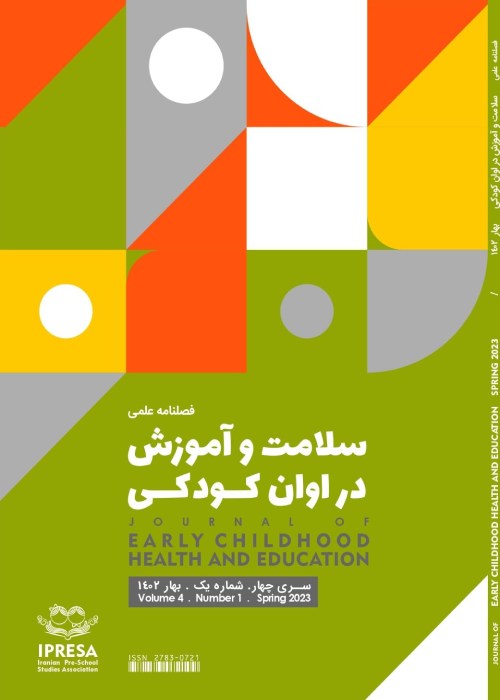Presenting a model for improving the mental health of primary school children based on teaching life skills and three-pronged factors along with accreditation
The purpose of this research is to present a model of mental health among elementary school children based on life skills training and behavioral, structural and contextual factors along with validation using hybrid research. By studying the research literature, dimensions, components and indicators are identified and after validation, the result is presented in the form of a model.
In this research, a combined method (quantitative and qualitative) has been used. The statistical population in the quantitative section of elementary teachers working in Rafsanjan city includes 1455 people, using Cochran's formula, the sample number was estimated to be at least 304 people, and they were selected using simple random sampling method. In order to better explain the results and reveal the neglected cases in the quantitative part, 14 in-depth interviews were conducted in the qualitative part using the purposeful sampling method and in the form of snowball. The tool for collecting data regarding the components of life skills training is a researcher-made questionnaire, the validity of which was determined by confirmatory factor analysis, as well as the face validity and reliability by calculating Cronbach's alpha with a value of 0.83, and an implementation model of the research using the collected data. collected through questionnaires and also using descriptive and inferential statistics techniques were analyzed.
The research model including 4 dimensions and 15 components of life skills effective in improving child's mental health was presented in direct connection with 9 three-pronged factors after accreditation.
According to the research findings, it can be said that by strengthening the skills of care, acceptance, responsibility, acting on attention, listening skills, the skill of saying no and the skill of accepting roles in children, self-compassion skills can be developed and also by strengthening the skills of Innovation, ability to finish work, helping others, politeness, lawfulness in children can develop work ethic skills in them.
- حق عضویت دریافتی صرف حمایت از نشریات عضو و نگهداری، تکمیل و توسعه مگیران میشود.
- پرداخت حق اشتراک و دانلود مقالات اجازه بازنشر آن در سایر رسانههای چاپی و دیجیتال را به کاربر نمیدهد.



